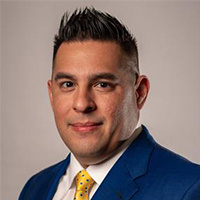Sugar Land DUI-DWI Lawyer, Texas
Sponsored Law Firm
-
 x
x

Click For More Info:
-
The Nichols Law Group, PLLC
15422 Wilkshire Ct Houston, TX 77069» view mapAccident & Injury Law Life Moves Fast And Accidents Happen
e have the skills and understanding to assist you in obtaining the compensation you are entitled to. We will work tirelessly to achieve the best possible outcome in your case.
800-872-3010
Adam W. Capetillo
✓ VERIFIEDCriminal, DUI-DWI, Misdemeanor, Felony, White Collar Crime
I represent individuals charged with criminal offenses. Call me and let me Fight for You.
Mr. Capetillo was born, raised, and still resides in Fort Bend County, Texas. He graduated from B.F. Terry High School as a fighting Terry Ranger Base... (more)
FREE CONSULTATION
CONTACTFREE CONSULTATION
CONTACTSean Reza Darvishi
Juvenile Law, Car Accident, Domestic Violence & Neglect, DUI-DWI, Criminal
Status: In Good Standing
Larry P. McDougal
Juvenile Law, Domestic Violence & Neglect, , DUI-DWI, Criminal
Status: In Good Standing Licensed: 34 Years
Ryan Bormaster
DUI-DWI, Criminal, Personal Injury, Accident & Injury
FREE CONSULTATION
CONTACT Lester Nichols Houston, TX
Lester Nichols Houston, TX Practice AreasExpertise
Practice AreasExpertise

